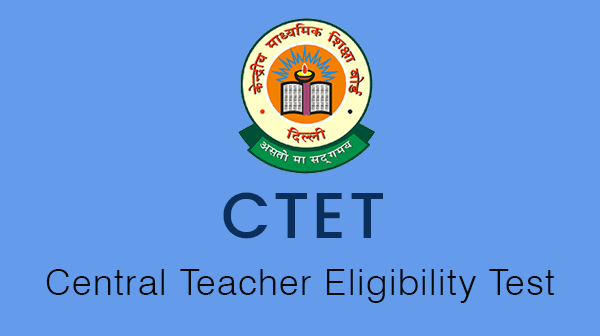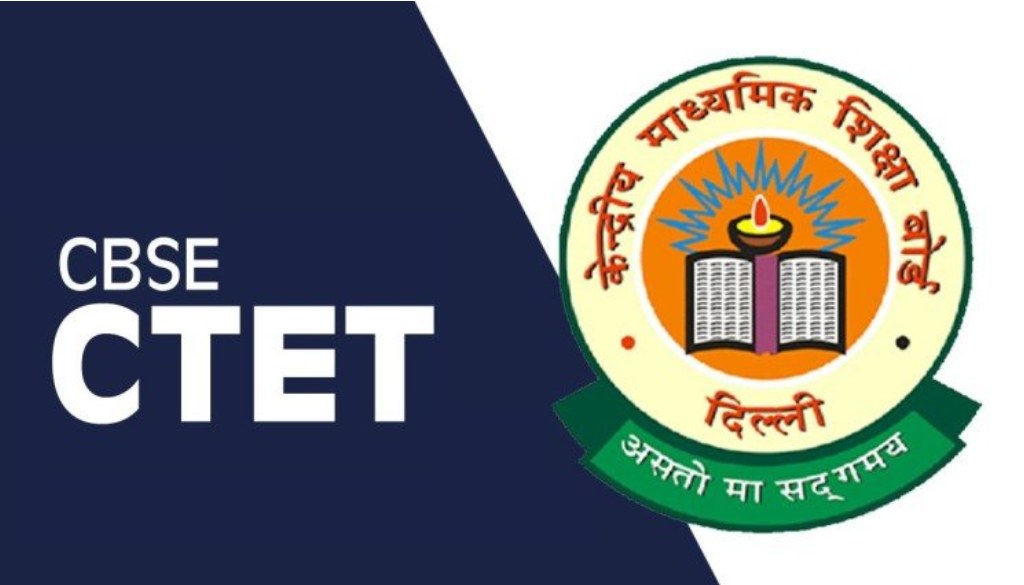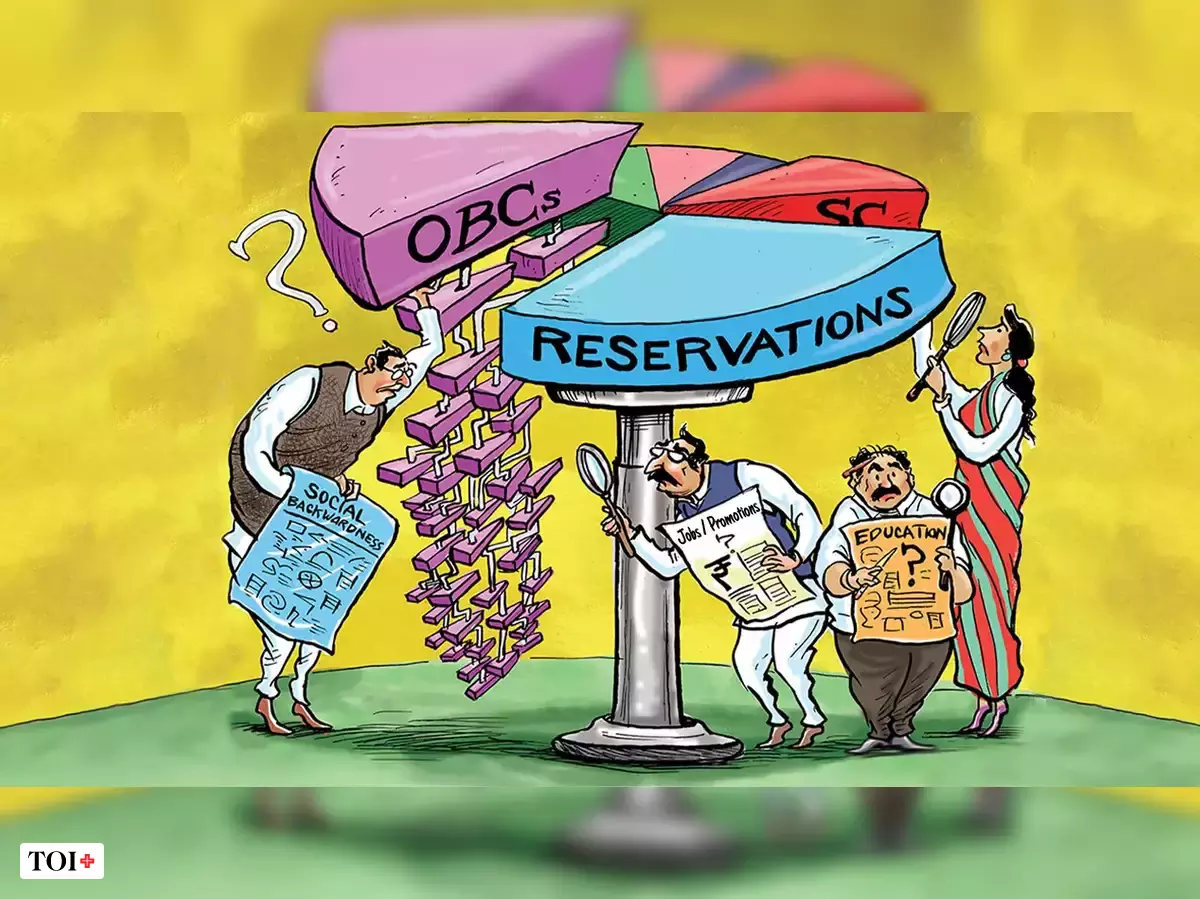In today’s ever-evolving educational landscape, teachers stand as the architects of tomorrow’s society, and, consequently, numerous nations have embraced standardized teacher certification assessments to guarantee the utmost competence and proficiency.
In the realm of Indian education, the Central Teacher Eligibility Test (CTET) stands as a pivotal examination, shaping the future of educators and profoundly influencing the nation’s educational landscape.
Understanding CTET
CTET, commonly known as the Central Teacher Eligibility Test, stands as a widely acknowledged teacher eligibility examination within India.Administered by the Central Board of Secondary Education (CBSE), this examination plays a pivotal role in assessing the competence and qualifications of prospective educators for grades I to VIII, with its biannual sittings in July and December, comprising two separate papers.
Paper-I: This paper is intended for candidates who aspire to teach classes I to V. It assesses the candidates’ proficiency in subjects like Child Development and Pedagogy, Language I (compulsory), Language II (compulsory), Mathematics, and Environmental Studies.
Paper-II: Candidates aiming to teach classes VI to VIII need to appear for Paper-II. This paper evaluates their knowledge in Child Development and Pedagogy, Language I (compulsory), Language II (compulsory), Mathematics and Science (for candidates interested in Mathematics and Science teaching) or Social Studies/Social Science (for candidates interested in Social Studies/Social Science teaching.

Importance of CTET
Uniform Standards: A nationwide commitment to consistent teaching standards fosters educational equity by eliminating regional disparities and guarantees students a uniform quality of education, regardless of their geographic location.
Uniform Standards: It helps in establishing uniform teaching standards across the country, bridging the gap between different states and regions, and ensuring that students receive consistent education regardless of their location.
CTET certification is the key to unlocking a wide range of career prospects in the education sector, ensuring a bright future for dedicated educators.
Improved Pedagogy: The examination syllabus includes topics related to child development, pedagogy, and educational psychology, which help teachers develop a deeper understanding of their students and improve their teaching methods.
Legal Requirement: In accordance with the Right to Education (RTE) Act, 2009, it is mandatory for teachers to pass CTET or an equivalent state-level teacher eligibility test to be eligible for teaching positions in government schools.
Impact on Indian Education
CTET has significantly reshaped the landscape of Indian education since its establishment in 2011, ushering in transformative changes that have left an indelible mark:
Elevated Pedagogical Competence: CTET’s inception has catalyzed a remarkable improvement in teachers’ pedagogical competencies, ensuring that they not only excel in their subject matter but also possess the essential skills to effectively impart knowledge.
Amplified Academic Achievement: The ripple effect of well-trained educators has resulted in a tangible boost in students’ academic achievements across diverse regions, thereby raising the overall scholastic standards.
Homogenized Educational Approach: The CTET curriculum has fostered a more uniform educational approach, a boon for students who frequently relocate, as it ensures a consistent learning experience regardless of geographical transitions.
Inclusive Educational Ecosystem: CTET’s steadfast commitment to embracing diversity encompasses equipping teachers to cater to students with special needs, thus fostering an all-encompassing and egalitarian educational milieu.
Conclusion
The Central Teacher Eligibility Test (CTET) is a vital cog in the wheel of the Indian education system. It acts as a filter, allowing only the best-qualified individuals to embark on the noble journey of teaching. CTET’s influence extends beyond individual careers, impacting the quality of education and learning outcomes nationwide. As it continues to evolve and adapt to changing educational paradigms, CTET remains a cornerstone in India’s pursuit of educational excellence.
Read More:- Unveiling the Ultimate Guide: The Best Books for Preparing for the KVPY Exam
Read More:- UNVEILING THE ULTIMATE MEMORIZATION TECHNIQUES FOR VERBAL AND











